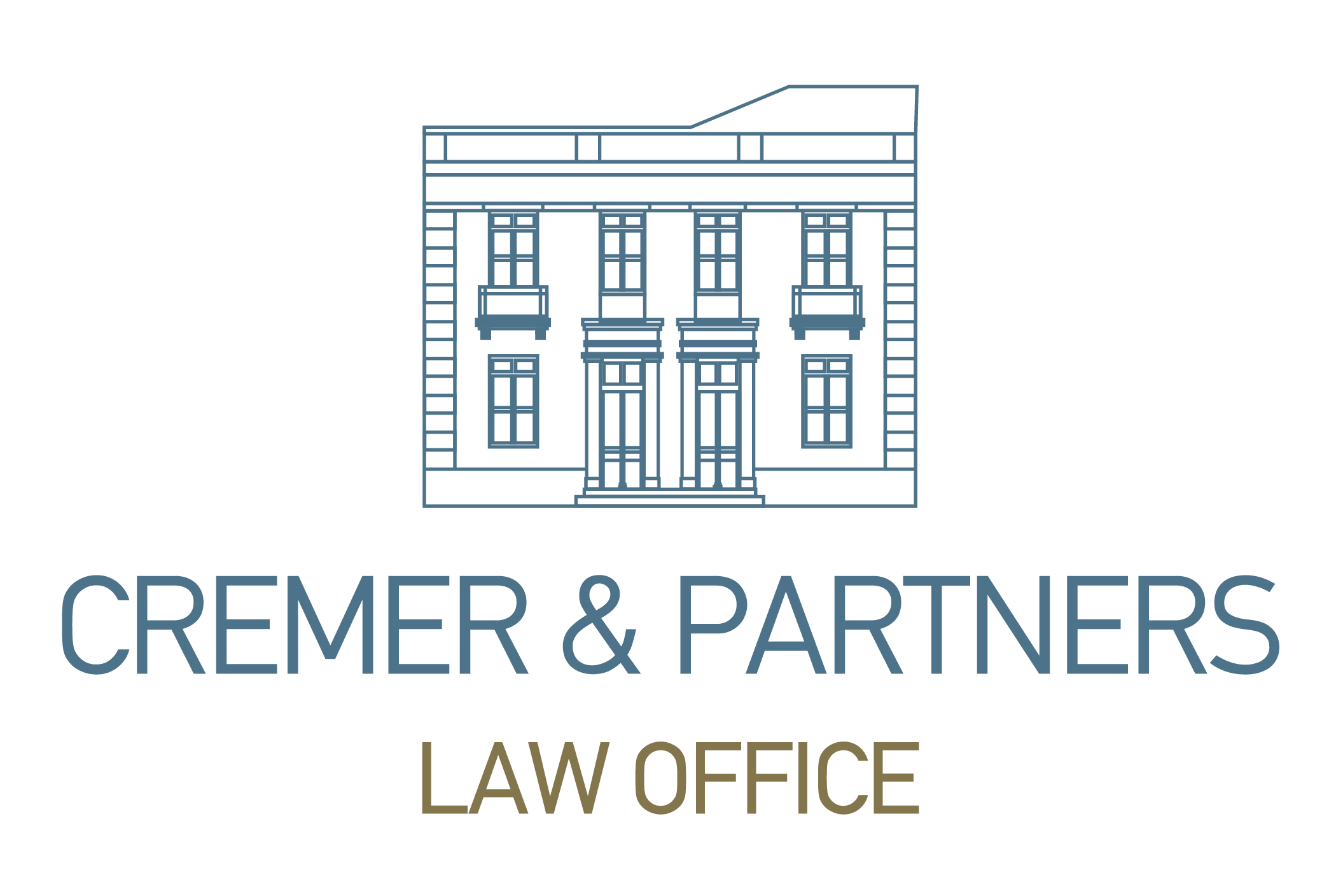Greece has become a favourable destination for foreign citizens willing to buy real estate to use it either as an investment or as end users. The financial crisis has led to a significant drop in prices but also to an abundant offer of properties to sell which in turn resulted in a revival of the real estate market in Greece. The legal framework surrounding real estate has also been modernized and simplified, but due to the formality of the transactions required in order to secure the transfer of the ownership right, the interested parties need to be well informed and meticulous in monitoring the relevant procedures.
Who can acquire real estate?
The buyer can be an individual or a legal entity, depending on the goals behind the acquisition of the property. Foreign companies established abroad can also buy property provided they have issued a unique tax number, which is a condition under Greek law for the completion of the transaction. The right to the property can be absolute or joint. Joint ownership is an option of various combinations. Ownership rights under Greek law are of three categories: full, bare and usufruct.
What can be bought?
Depending on the intended type of use (as end user or as investor), the property sought to be bought can vary. On the one hand, end users are mainly interested in acquiring property for them and their families to reside, as a vacation or retirement destination. On the other hand, investors are looking for property as an integral part of a pursued investment/business plan.
It is important to note that property investment can take many forms. For instance, recently in Greece, there is a trend of buying block of buildings to exploit them as boutique hotels, as apartments to be let in short or long term leasing etc. Nevertheless, due to the privileged position of the country as a tourist destination, investors are also looking for land in well-known parts of Greece aiming to proceed to the construction of high-standard hotel units. Furthermore, factors such as the climate of Greece, the abandonment of vast areas previously used for primary production and the new European practices regarding agriculture and food production contribute to a demand for land that can be systematically cultivated.
How can property be bought? Procedural issues
Property can be bought through a contractual agreement between seller(s) and buyer(s) or through a public auction. After the selection of the property, several steps have to be followed.
Firstly, there is a need to perform a legal search in the form of a title search to the Land Registry to ensure that the asset in question indeed belongs to the seller(s) and that it is clear of any encumbrances (such as mortgages, liens, foreclosures etc.) but also that it is suitable for the pursued investment.
Furthermore, it is essential to perform a technical survey to identify urban planning or construction issues that increase the cost of reconstruction and have the potential to delay the commercial development of the property.
Last but not least, for the transaction to be complete, the payment of transfer tax is required before the signing of the contract before a notary public. The signed contract is then mandatory to be registered in the local Land Registry and then to the tax authorities.
Taxation
Taxation is a fixed charge for the property owner. The amount to be paid each time is codetermined by specific factors, subject to economic variables.
A standard annual tax (ENFIA) is calculated based on the property value and is borne by the owner, whether an individual or legal entity, regardless of their residency. Property value is a notional amount resulting from the application of the objective value system, which takes into consideration the property’s location in terms of urban planning as well as its particular characteristics (street, floor, age, ownership status) that serve as evaluation indicators. There is an obligation for the objective values to be readdressed by the Ministry of Finance every two years in order to fairly reflect the market. Nonetheless, the economic crisis has resulted in these prices remaining the same from 2008 and while the government announced that in 2020 it would take up on its obligation to readjust them, Covid-19 restrictions led to the postponement of the procedure.
It is important to note that property-based income is subject to taxation, according to the Greek Revenue Tax Code. For individuals, gradual taxation applies dependent on the amount of the declared income. For legal entities, rental income is considered as revenue and it is subject to a 24% corporate tax.
How to manage the property?
After acquiring the property, decisions regarding the optimum way to manage it have to be made. The suitability of each available solution is considered on an ad hoc basis dependent on the needs and priorities of the owner. For instance, if an individual owns a substantial number of properties, he may opt to establish a company, potentially in the form of a public limited company, as a means to facilitate the management of his assets, further its use as investment and limit burdens, particularly in the form of taxes.
For those willing to establish a company under Greek law, it is important to note that company law has been under a significant reshape, with the introduction of modern corporate forms such as the private company (IKE) but most importantly, with the replacement of the main law on limited companies by a well-structured and complete in terms of regulatory provisions legal text in 2019.
Finally, acquiring a property can perhaps be used complementary to the Golden Visa provisions that allow for real estate owner whose property is estimated at 250.000€ to apply for a residence permit that can be extended to his family. Another option is the visa for investment activities which grants the right to a visa to individuals and legal entities’ executives pursuing a significant for the national economy investment.

